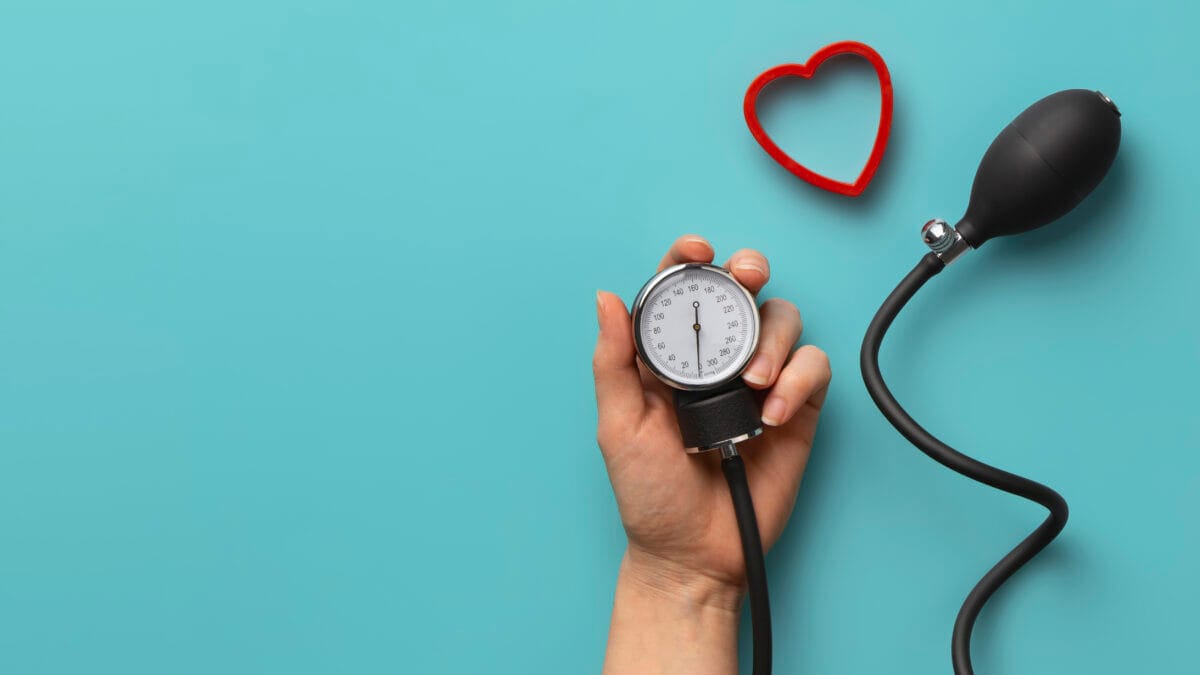Breast cancer is one of the most common cancers, affecting thousands of people each year. Early detection is crucial for effective treatment and can significantly improve survival rates. Knowing how to identify warning signs and when to seek medical advice can make all the difference in catching the disease at an early, more treatable stage.
This guide will explain the key methods for detecting breast cancer, from self-examinations to medical screenings, and provide essential information on when to seek medical advice.
1. The Importance of Early Detection
Detecting breast cancer early increases the chances of successful treatment and long-term survival. When breast cancer is found in its early stages, treatment is often less aggressive, and the chances of recovery are significantly higher.
Key benefits Of Early Detection Include:
Higher survival rates, as early-stage breast cancer is more treatable
Less aggressive treatment options, reducing the need for extensive surgery or chemotherapy
Better quality of life by detecting and addressing cancer before it spreads.
2. How to Detect Breast Cancer: Signs and Symptoms
Recognising the early warning signs of breast cancer can help with early diagnosis. While symptoms can vary from person to person, some of the most common signs include:
Changes in the Breast
- A nipple turning inward (inversion)
- Discharge from the nipple, especially if it is bloody or clear
- Persistent itching or irritation around the nipple
- Dimpling or puckering of the skin, similar to an orange peel texture
- Redness, scaling, or flaking around the breast or nipple
- Swelling or warmth in one part of the breast
- A nipple turning inward (inversion)
- Discharge from the nipple, especially if it is bloody or clear
- Persistent itching or irritation around the nipple
3. How to Check for Breast Cancer at Home
Performing regular self-examinations can help detect any unusual changes early. The best time to do this is a few days after your period ends when breast tissue is less tender.
Steps for a Breast Self-Examination:
Step 1: Look in the Mirror
Stand in front of a mirror with your arms by your sides.
Look for any changes in shape, size, or skin texture.
Raise your arms above your head and check for dimpling, swelling, or changes in symmetry.
Step 2: Feel for Lumps While Standing or Sitting
Use the pads of your fingers and move in a circular motion across your entire breast.
Apply light, medium, and firm pressure to check different tissue layers.
Check under your arms and up to your collarbone for lumps or thickening.
Step 3: Check While Lying Down
Lie flat on your back with one arm behind your head.
Use your opposite hand to examine your breast using the same circular motions.
Repeat the process on the other side.
A lump does not always mean cancer, but any new or unusual changes should be checked by a doctor.
4. Medical Screening for Breast Cancer
While self-examinations are helpful, medical screenings provide a more accurate way to detect breast cancer early. Here are the key medical tests used for diagnosis:
Mammograms (X-ray of the Breast):
The most effective screening tool for early breast cancer detection
Recommended every three years for women aged 50 to 70 under the NHS
Can detect tumours before they are felt as lumps.
Ultrasound
Used to check whether a lump is solid (tumour) or fluid-filled (cyst)
Often recommended for younger women or those with dense breast tissue
MRI Scan
Used for high-risk patients or those with a strong family history of breast cancer
Provides detailed images of breast tissue to detect abnormal changes
- A nipple turning inward (inversion)
- Discharge from the nipple, especially if it is bloody or clear
- Persistent itching or irritation around the nipple
If a lump or abnormal tissue is found, a biopsy is performed
A small sample of breast tissue is taken and examined under a microscope
Early screening through NHS breast screening programmes or private health checks can detect breast cancer before symptoms appear, increasing treatment success rates.
5. Who is at Higher Risk for Breast Cancer?
While anyone can develop breast cancer, certain factors increase the risk. You may be at higher risk if you:
- Have a family history of breast cancer
- Are over the age of 50
- Have dense breast tissue, which can make lumps harder to detect
- Have had radiation therapy to the chest\Have a lifestyle with high alcohol intake, smoking, or lack of exercise\If you fall into a high-risk category, speak to a healthcare professional about more frequent screenings or genetic testing.
6. How to Reduce Your Risk of Breast Cancer
While breast cancer cannot always be prevented, certain lifestyle changes can help reduce your risk:
- Maintain a healthy weight, as obesity increases the risk, especially after menopause
- Exercise regularly, as physical activity helps regulate hormones and reduce cancer risk
- Limit alcohol consumption, as alcohol increases the risk of breast cancer
- Avoid smoking, which is linked to an increased risk of many cancers, including breast cancer
- Eat a balanced diet rich in fruits, vegetables, and lean proteinsBreastfeed if possible, as it has been shown to reduce the risk of breast cancer
- Making these small but significant lifestyle changes can help improve overall health and lower cancer risk.
7. When Should You See a Doctor?
If you notice any unusual breast changes, lumps, or persistent pain, it is important to seek medical advice immediately. Early detection leads to better treatment options and improved survival rates.
Book Your Blood Pressure Check At Arnside Pharmacy
At Arnside Pharmacy, we provide health advice, screening referrals, and professional guidance on breast cancer awareness and prevention. If you have concerns or need more information, visit us for a confidential consultation.
Call us or book an appointment at arnsidepharmacy@outlook.com to schedule your test.


